Despite Guy Fieri’s status as a Food Network legend and his Midas touch in promoting small eateries through Diners, Drive-Ins and Dives (a.k.a. “Triple D”), some restaurants haven’t been able to weather the storms of real-world business challenges. From financial troubles and changing neighborhoods to unfortunate timing and pandemics, here are 15 establishments that sadly closed their doors — even after getting the Fieri boost.
Joe Squared – Baltimore, MD
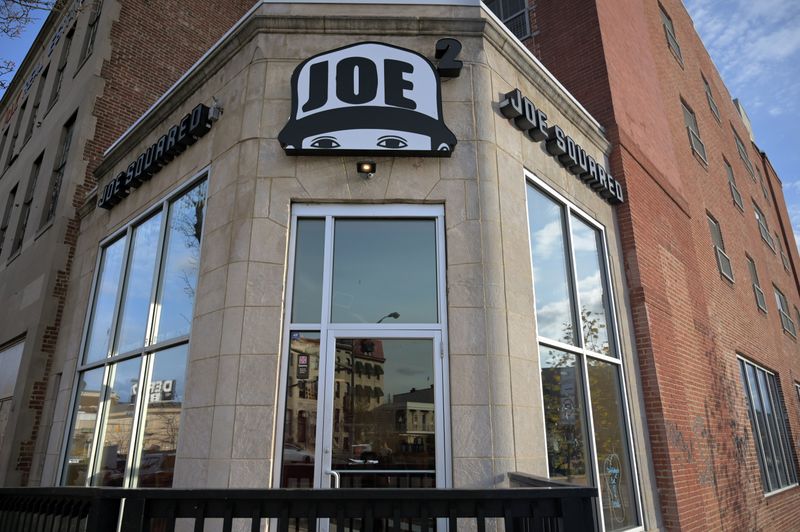
In the heart of Baltimore, Joe Squared was renowned for its coal-fired square pizzas and inventive cocktails. The restaurant’s creative vibe was a hit on “Triple D,” but financial struggles took their toll.
Declaring bankruptcy in 2019, Joe Squared faced not only economic hurdles but also neighborhood challenges related to crime. Despite the TV fame and fanfare, it couldn’t escape a downturn.
This beloved spot reminds us that even with a celebrity boost, local issues can overshadow bright prospects. The closure left a gap in the community that patrons still feel today.
The Purple Pig – Chicago, IL
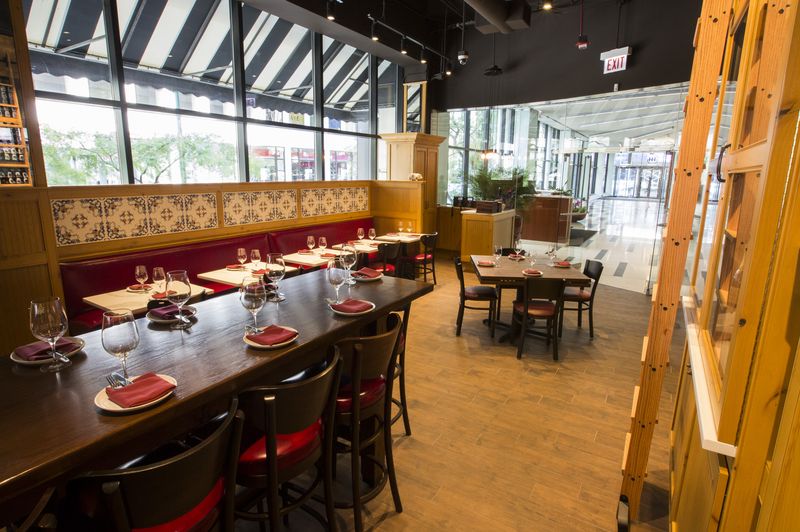
Known for its bold Mediterranean flavors and bustling atmosphere, The Purple Pig was a favorite in Chicago. Guy Fieri’s visit brought national attention, yet the restaurant faced insurmountable challenges.
Rising rent costs and a dip in downtown traffic post-pandemic led to its closure in 2023. Despite its popularity, these financial pressures were difficult to overcome.
The Purple Pig’s story is a testament to the ever-changing dynamics of urban dining spots. While adored both locally and nationally, the real estate and economic climate dictated its unfortunate end.
Zilla Sake – Portland, OR
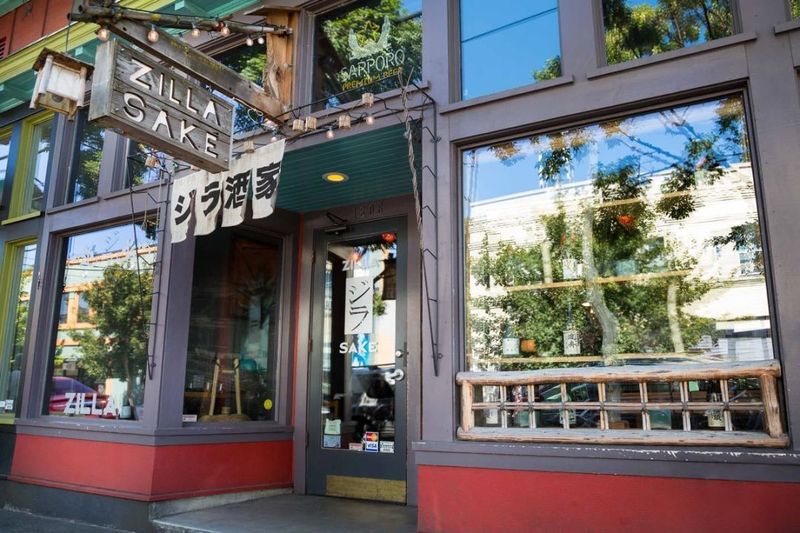
Zilla Sake, a neighborhood gem in Portland, was famous for its sushi and authentic sake experiences. Featured on “Triple D,” it enjoyed a surge in popularity and patrons.
However, the post-COVID era brought dwindling demand and severe staff shortages, leading to its closure in 2022. The intimacy that once defined it turned into its Achilles’ heel.
This closure serves as a reminder of how small eateries are vulnerable to broader industry shifts. Despite its acclaimed reputation, Zilla couldn’t withstand the pressures of a changed dining landscape.
Mambo’s Café – Glendale, AZ
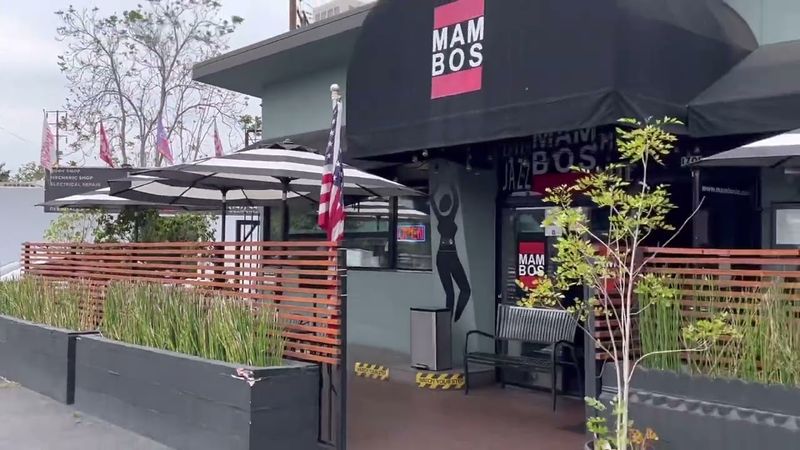
Mambo’s Café, with its vibrant Cuban cuisine, was a festive hub in Glendale. Guy Fieri’s endorsement elevated its profile, but deeper issues lurked beneath the lively atmosphere.
The termination of its lease in 2021, coupled with pandemic recovery struggles, forced the café to close its doors. Even the Triple D fame couldn’t keep it afloat.
This story reflects the harsh realities of restaurant economics, where even a bustling ambiance can’t always secure longevity. Mambo’s closure was a loss for its loyal patrons who cherished its unique flavors.
The Original Fat Cats – Fort Lauderdale, FL
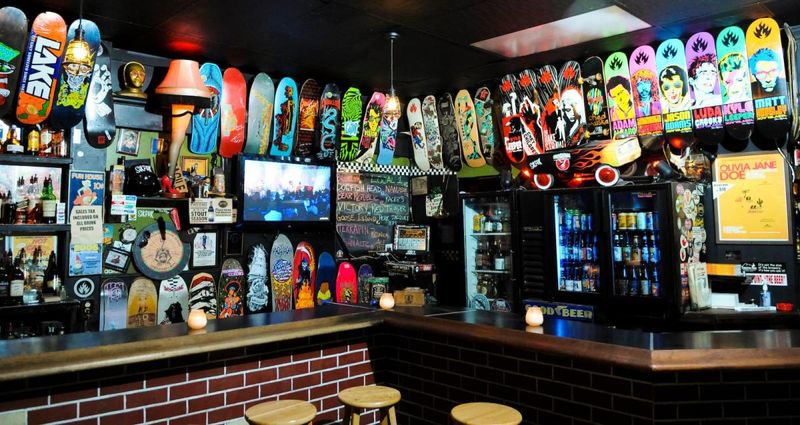
A fixture in Fort Lauderdale’s nightlife, The Original Fat Cats offered live music and late-night bites, becoming a local favorite. Guy Fieri’s visit added to its allure, but sustainability was elusive.
Increased rent and shifts in nightlife dynamics culminated in its closure in 2020. The pressures outweighed the popularity, leaving patrons reminiscing about its vibrant past.
Even with a loyal following and celebrity endorsement, the operational challenges proved too great. Fat Cats’ story is a nod to the fleeting nature of trends and how they impact small businesses.
Pecan Lodge (Original Location) – Dallas, TX
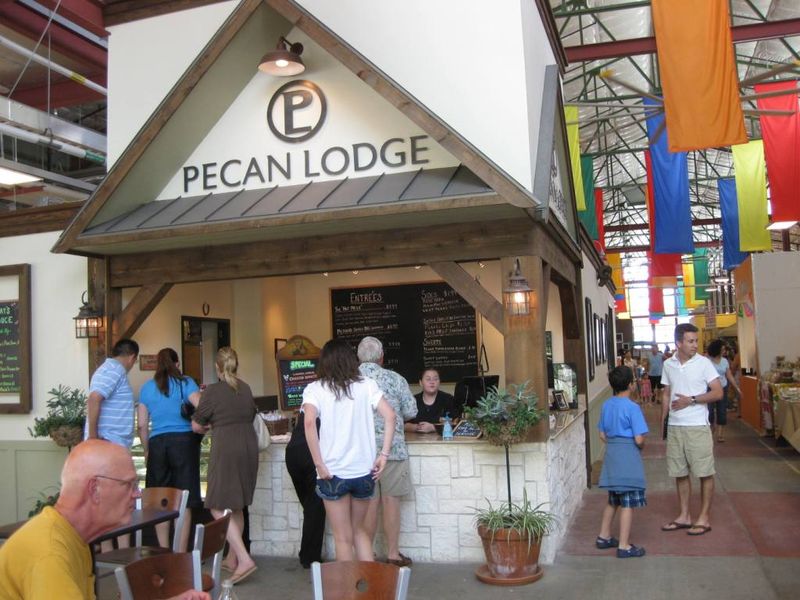
Pecan Lodge’s original location was a Dallas gem, celebrated for its authentic Texas barbecue. The “Triple D” spotlight brought crowds, yet expansion dreams led to a significant move.
The original site closed to facilitate growth, reflecting a strategic but bittersweet decision. Neighborhood changes also influenced this shift, marking an end of an era.
Though Pecan Lodge continues to thrive elsewhere, the original spot remains a cherished memory for many. This transition highlights the balance between growth and nostalgia in the restaurant world.
Starlite Lounge – San Diego, CA
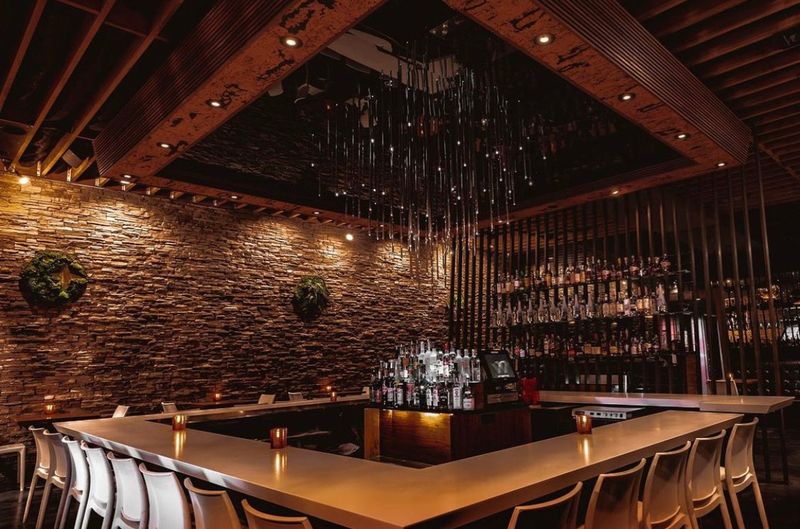
Starlite Lounge was a San Diego staple known for craft cocktails and an upscale vibe. Its appearance on “Triple D” solidified its status, yet external factors played a decisive role.
In 2022, redevelopment plans for the building forced the beloved lounge to close. The property sale was a blow that fame couldn’t mitigate.
Starlite’s closure underscores the vulnerability of even well-loved establishments to real estate developments. While its cocktails delighted many, the changing cityscape dictated its unexpected end.
The General Store – Silver Spring, MD
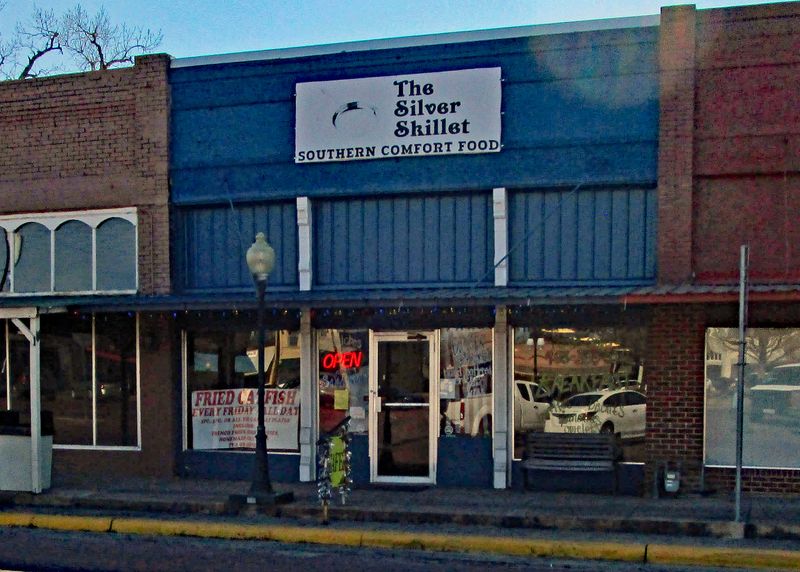
The General Store in Silver Spring, known for Southern comfort food, thrived briefly under Guy Fieri’s spotlight. Yet inconsistency marred its promising start.
Irregular hours and evolving local tastes contributed to its closure, highlighting how dynamic the food industry can be. Despite its rustic charm, adaptation was lacking.
This closure illustrates how fame must be paired with operational stability. The General Store serves as a cautionary tale about the importance of aligning offerings with community needs and expectations.
Sava’s – Ann Arbor, MI (Original Location)
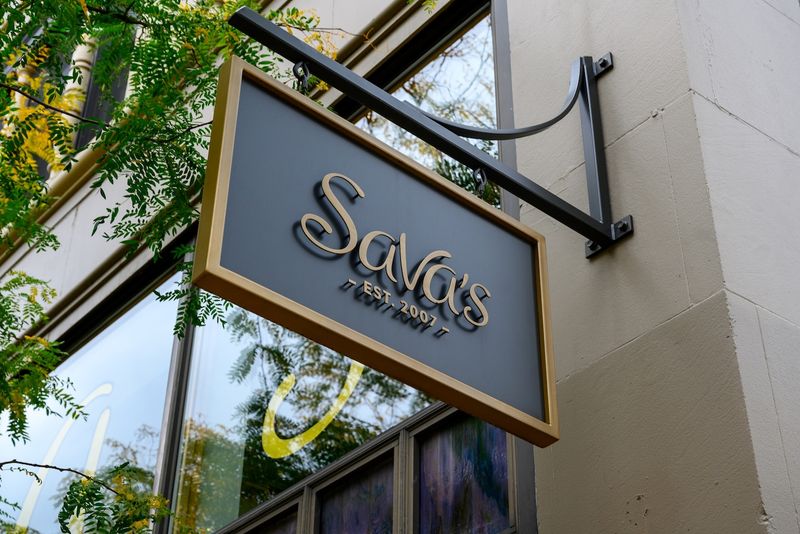
Sava’s in Ann Arbor was a cozy spot celebrated for its unique twist on American cuisine. The “Triple D” feature brought it into the limelight, fueling initial success.
However, space and parking constraints at the original location led to its closure as the business expanded. Sava’s continued elsewhere, but the original site remains a fond memory.
The transition reflects a growing business’s challenges and the need to adapt to spatial limitations. Sava’s journey shows how expansion can sometimes mean leaving behind beloved roots.
Rhythm Kitchen – Las Vegas, NV
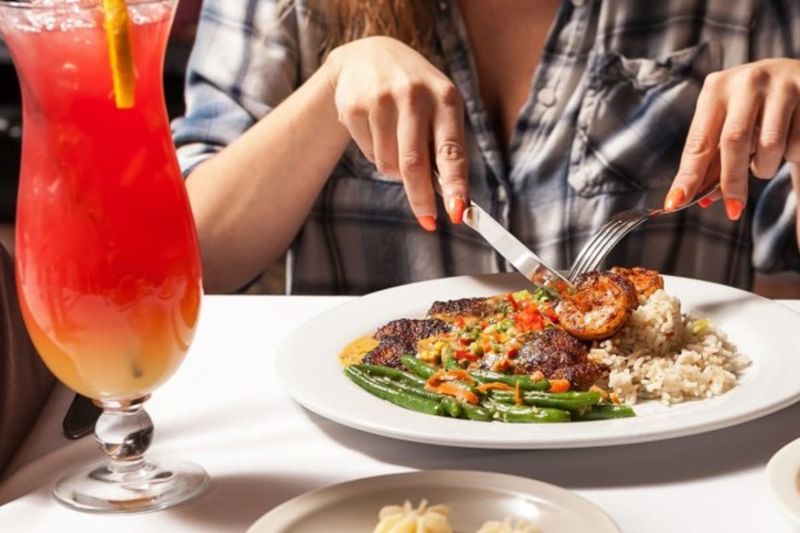
Rhythm Kitchen, an off-strip Las Vegas eatery, was known for its Cajun and Creole seafood dishes. The “Triple D” showcase boosted its profile, yet the competitive Vegas scene posed challenges.
A downturn in both tourism and local traffic led to its closure. The restaurant’s charm couldn’t compete with the glitz and novelty of the Strip.
This closure highlights the fierce competition within Las Vegas dining. Even with a unique offering and national attention, Rhythm Kitchen couldn’t sustain the high costs and shifting consumer preferences.
Panini Pete’s – Fairhope, AL (Daphne Location)
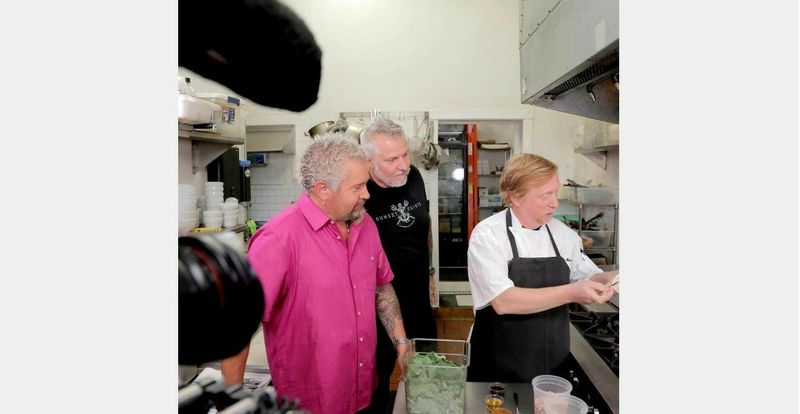
Panini Pete’s, beloved for its paninis and beignets, was a highlight in Daphne. Featured on “Triple D,” it drew foodies from afar, yet faced internal hurdles.
Staffing issues and overhead costs at this secondary location led to its closure while the original thrives. The challenges overshadowed its culinary acclaim.
This story showcases the intricate balance required in restaurant operations. While fame brought crowds, sustaining consistent management proved difficult, emphasizing the complexity of running multiple locations.
Hillbilly Hot Dogs – Lesage, WV (Teays Valley Location)
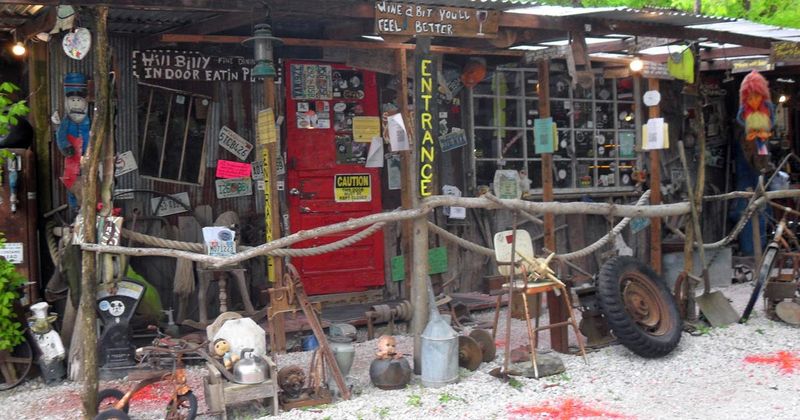
Known for its quirky hot dogs, Hillbilly Hot Dogs was a roadside attraction in West Virginia. The “Triple D” visit amplified its fame, but different locations faced varied fortunes.
The Teays Valley site couldn’t match the original’s charm and eventually closed. Foot traffic was a decisive factor in its demise.
This tale reveals how location-specific dynamics can greatly influence success. While the original thrives, the secondary site struggled, reminding us of the delicate nature of regional expansions.
The Shanty – Wadsworth, IL
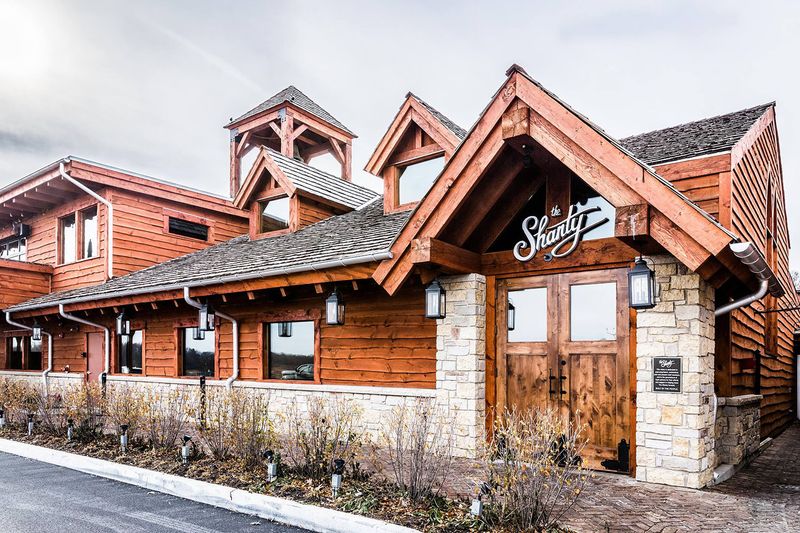
The Shanty, with its wood-fired steaks, was a beloved spot in Wadsworth. Guy Fieri’s endorsement brought an influx of patrons, yet logistical hurdles emerged.
Structural issues and licensing challenges during renovations led to intermittent closures. The endeavor to expand met with obstacles that fame couldn’t surmount.
This situation highlights the complexities of maintaining operational consistency during growth. The Shanty’s journey emphasizes the necessity of resolving foundational issues before pursuing ambitious plans.
Roast Grill – Raleigh, NC
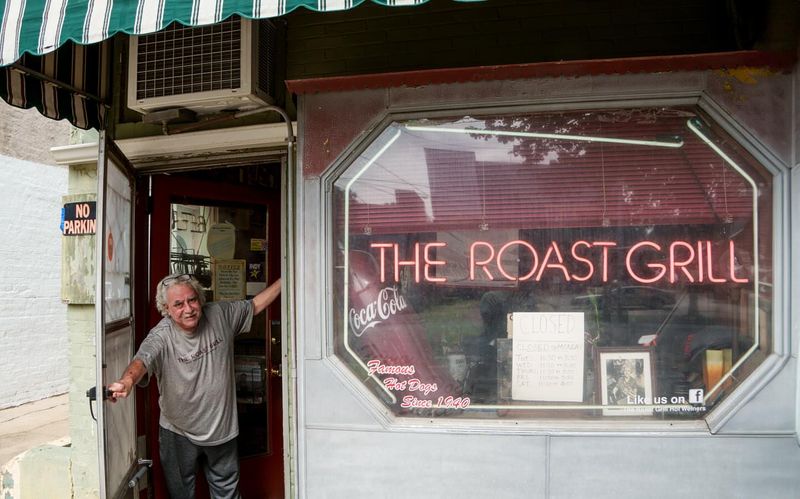
Roast Grill was a Raleigh institution famed for its no-ketchup policy on all-beef hot dogs. Guy Fieri’s visit cemented its iconic status, drawing visitors for years.
Eventually, the owners retired, choosing to close the nearly 80-year-old establishment. The decision was personal, not financial.
This closure is a reminder of how businesses are shaped by personal choices as much as economic ones. Roast Grill’s legacy lives on in the hearts of those who experienced its unique charm and unwavering traditions.
Bella Luna – Spokane, WA
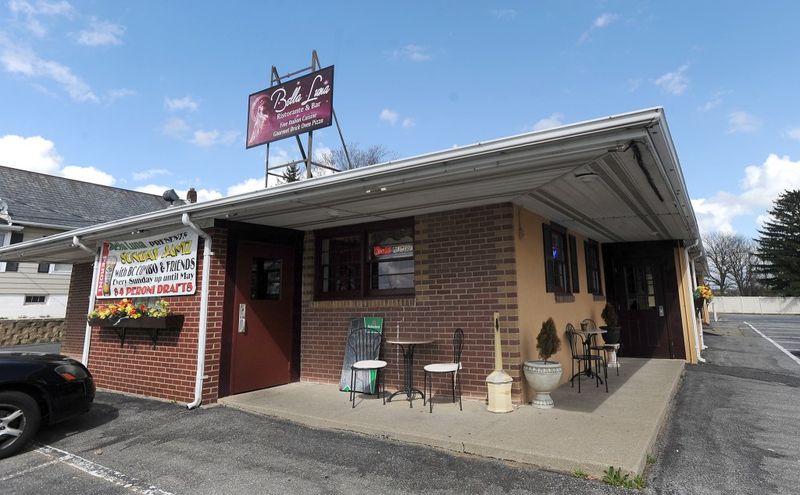
Bella Luna offered Italian fare with a warm atmosphere in Spokane. The “Triple D” spotlight brought initial success but couldn’t prevent eventual decline.
Customer reviews began to falter post-visit, reflecting management struggles and low profit margins. These factors culminated in the restaurant’s quiet closure.
This story illustrates the importance of maintaining quality and leadership in ensuring longevity. Bella Luna’s tale is a lesson in how even charming establishments must adapt to survive in a competitive market.
Leave a comment